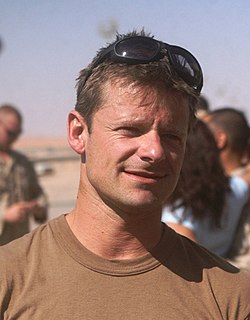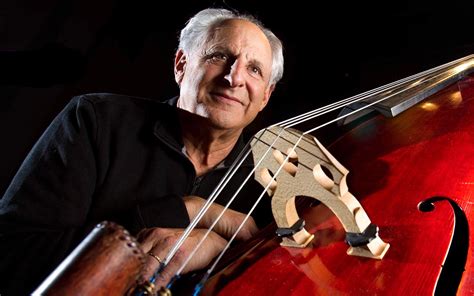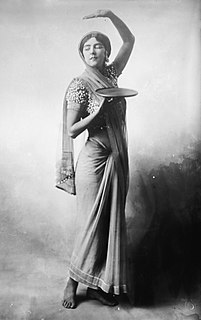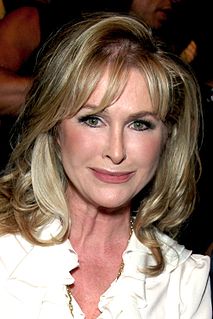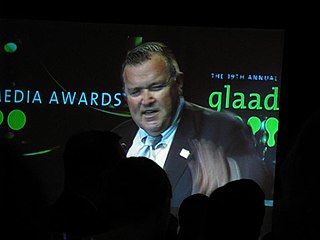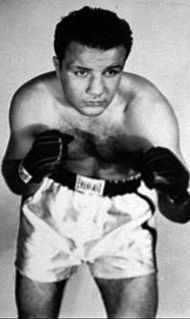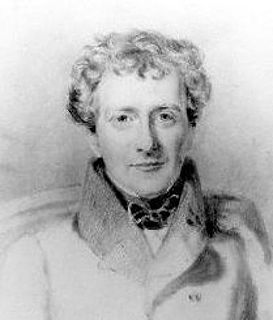A Quote by Clement Clarke Moore
The children were nestled all snug in their beds,while visions of sugar plums danced in their heads.
Related Quotes
In fact, I am a pessimist. But when I'm making a film, I don't want to transfer my pessimism onto children. I keep it at bay. I don't believe that adults should impose their vision of the world on children, children are very much capable of forming their own visions. There's no need to force our own visions onto them.
And so when Mrs. Darling went back to the night-nursery to see if her husband was asleep, all the beds were occupied. The children waited for her cry of joy, but it did not come. She saw them, but she did not believe they were there. You see, she saw them in their beds so often in her dreams that she thought this was just the dream hanging around her still.
When we were children, letters were like fun toys. We played with them through our building blocks. We colored them in books. We danced and sang along with TV puppets while learning C was for “cookie.” Soon, letters turned into words. Words turned into sentences. Sentences turned into thoughts. And along the way, we stopped playing with them and stopped marveling at A through Z.
What parents said they valued most were discussions with teachers and heads, and what they wanted was more descriptive information in their children's school reports. This is particularly true for primary schools. Parents wanted to know much more than just how their children were doing academically.







